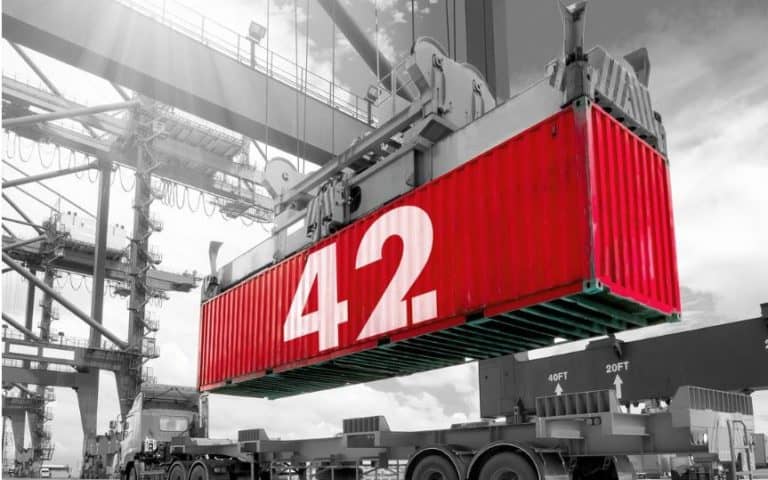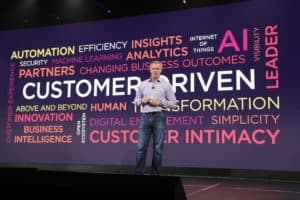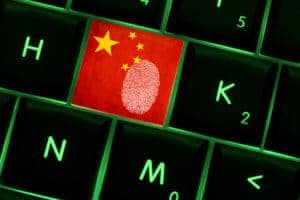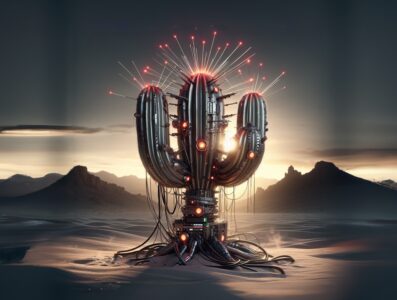Today, the Port of Rotterdam Authority is sending a smart shipping container on a two-year world voyage to collect as much data as possible. This data should eventually lead to a digital twin of the actual physical port of Rotterdam. Cisco is one of the most important partners.
The ship’s container 42, equipped with IOT technology, is intended to collect information about what the cargo is going through during transport by sea and by land. The data collected should provide insight into all the challenges currently faced by the transport and logistics of goods.
The ultimate goal of the project is to create a complete digital twin of the physical port of Rotterdam. With this real-time digital copy, the Port Authority can then immediately improve its services. It also prepares the port for the arrival of autonomous ships.
Processing in IoT platform
All data collected will be processed within the cloud-based IoT platform currently available to the Port of Rotterdam Authority. The data is combined with the data from all the sensors placed in the port. This gives the port real-time insight into the infrastructure, water and air, among other things.
Cisco and IBM are helping the Port Authority with this. For example, Ciscos Kinetic IoT platform manages the various sensors in the container and provides reliable and secure connections that allow data generated by these sensors to be delivered to the IBM Watson cloud. In addition, the various data streams, such as temperature, humidity, GPS position and physical shocks, are normalised.
Cooperation between many parties
In the Container 42 project, the Port of Rotterdam Authority is also working with many other partners in addition to Cisco and IBM. These are Esri, Axians, Intel, HyET Solar, Van Donge & de Roo, Awake.ai, Betta Batteries, Simwave, Advanced Mobility Services, Kalmar and Shipping Technology.
The first stop of the data-collection container is the Transport Logistic 2019 transport and logistics fair in Munich.
This news article was automatically translated from Dutch to give Techzine.eu a head start. All news articles after September 1, 2019 are written in native English and NOT translated. All our background stories are written in native English as well. For more information read our launch article.

















